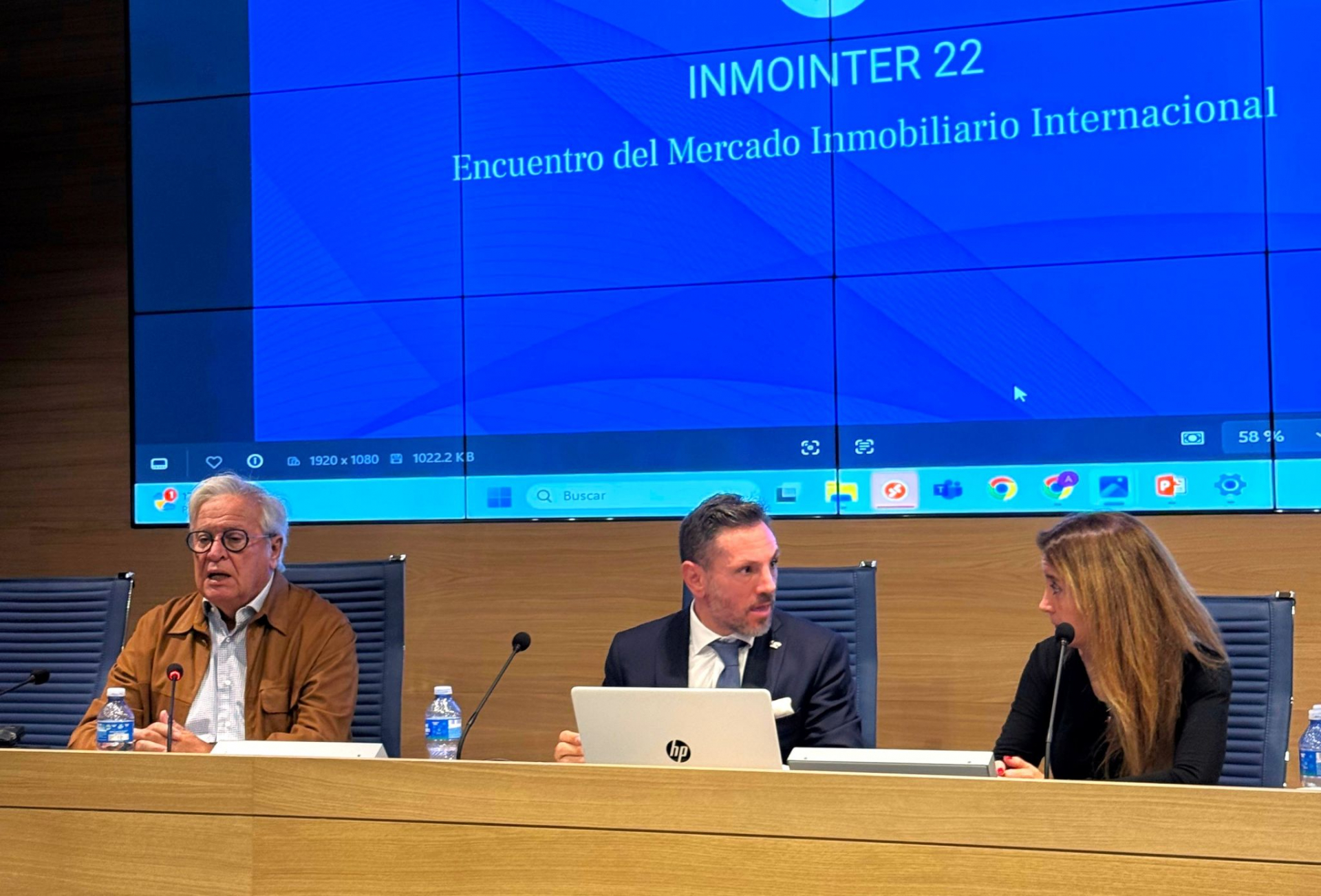

COVID-19: Lessons learned from our first webinars
The coronavirus outbreak, recently declared as a pandemic by the World Health Organization (WHO), has led to an unprecedented shutdown of the economic activity of several countries around the world, with short-term impacts already being felt across the global real estate industry.
To help its members better navigate the current situation, FIABCI dedicated a series of webinars to the topic of COVID-19 with guest speakers from different professional backgrounds and countries from around the world that analyzed the implications for the industry in the short and long-term, and shared their views on what to expect and how to adapt to this new context.
COVID-19 implications on the global real estate industry
At first glance, the industry as a whole has taken a big hit albeit at different levels depending on the sector; at the same time, it is difficult to forecast what will be the implications in the long-term as uncertainty looms over the capacity of countries to control the spread of the virus and relax containment measures.
- Logistics: it is expected to grow following a major shift to e-commerce, particularly when it comes to groceries;
- Office: decrease of office utilization rates due to remote work;
- Retail: probably one of the most affected sectors in the short-term, it will likely see a significant drop in demand and supply chain disruption;
- Residential: resistant sector benefiting from stable income streams;
- Hospitality: affected immediately following travel bans and events cancellations, but should otherwise rebound fairly quickly if the virus is contained soon.
Transactions have already dropped remarkably in every real estate sector due to investors’ hesitation and sellers’ reluctance, and as such are expected to further drop by 50% in 2020. Market prices have already fallen by 30% and the downward trend is likely to continue as it will be difficult to maintain the same price levels as before the health crisis started.
Liquidity is an issue affecting most of real estate at the moment. From the perspective of developers, as projects are currently on hold to avoid the gathering of workers, the cost for the developer has increased together with the cost of capital and devaluation of the property. To get liquidity in the short-term, both people and businesses will need to sell properties, causing a decrease in the price of real estate assets due to more supply of the property and less investment demand.
Technology
An increased focus will be placed on technology in a bid to avoid person-to-person contact and reduce the risks of contagion. This will allow the real estate professional to provide maximum information and visualization through a clear, transparent, and fast process, while establishing a greater connection with the client.
Crisis generate opportunities
Now, more than ever, industry professionals have to stay positive and be able to reinvent themselves and their businesses to adapt to the new normal. Opportunities will present themselves to reinvent the profession, create new standards and innovate. Only by doing so can the global real estate be more equipped to deal with similar outbreaks in the future.
Read the full summaries of past webinars:
- COVID-19: What lies ahead for the real estate industry (April 2) here;
- COVID-19: ¿Qué le espera a la industria de bienes raíces? (April 16) here.


























































































































































































































































































































































![[Webinar Summary] COVID-19: What lies ahead for the Real Estate Industry?](/uploads/news/9i1w05plq2ksbcswuyj5ze2nr.png)































































































